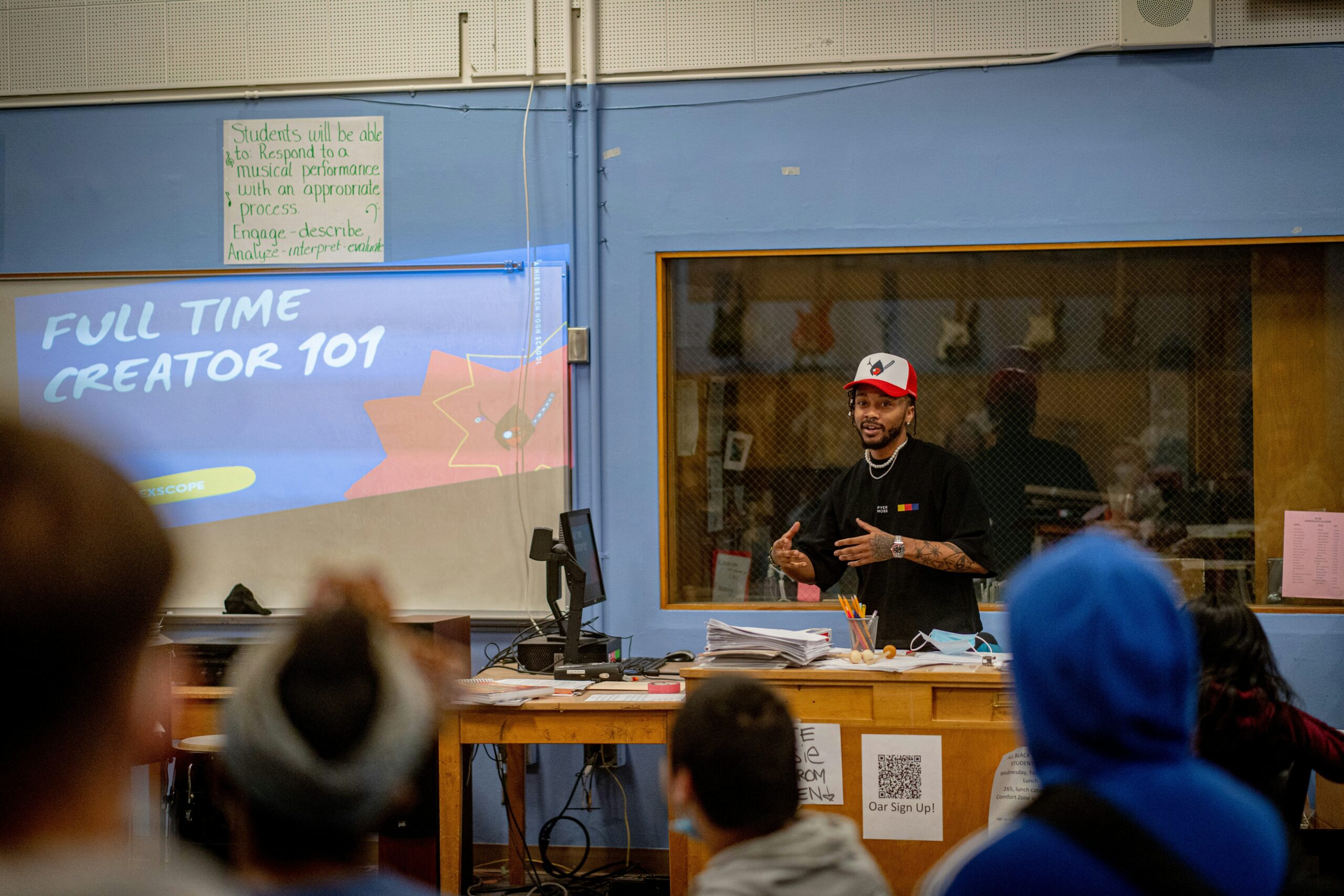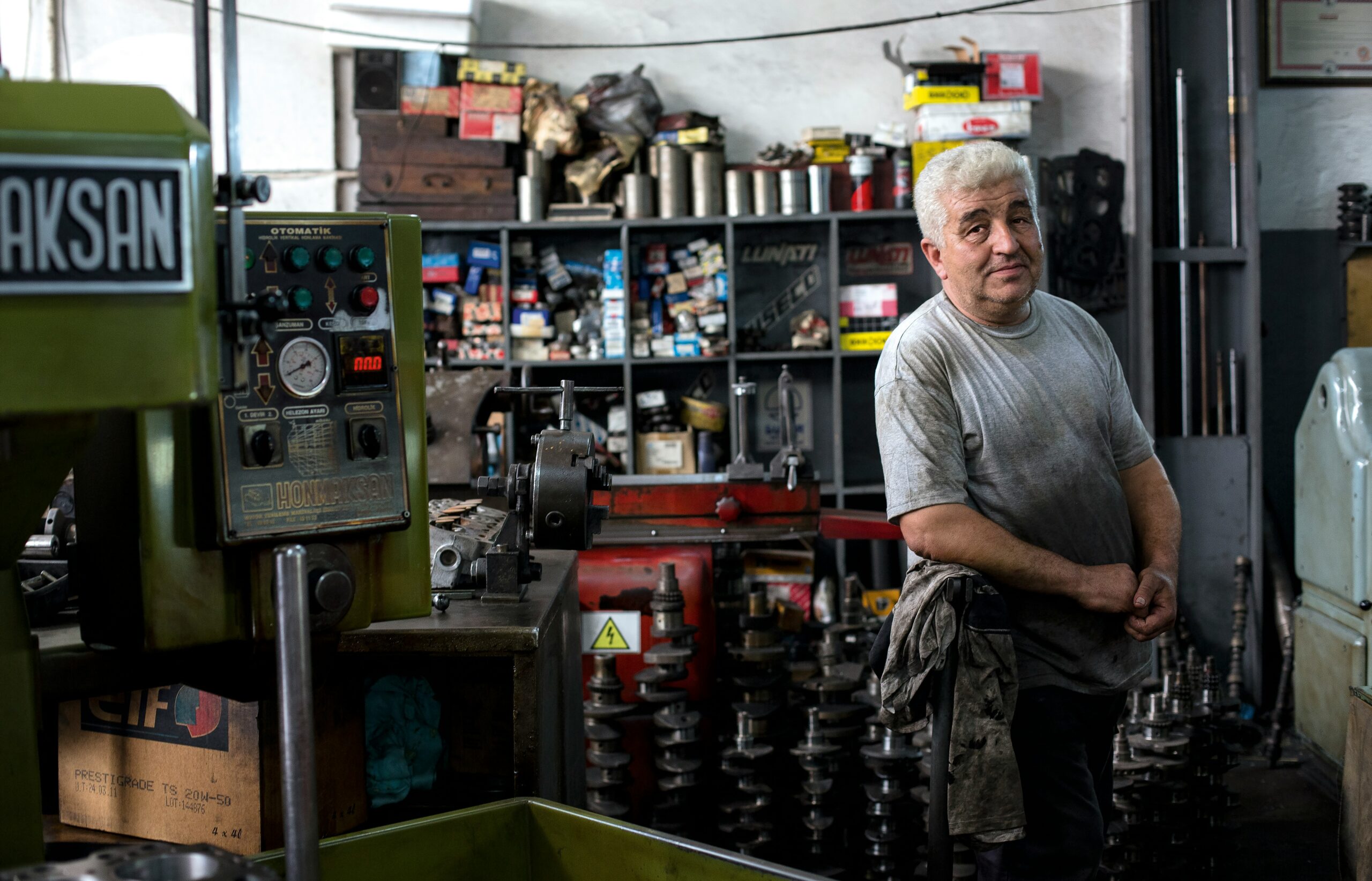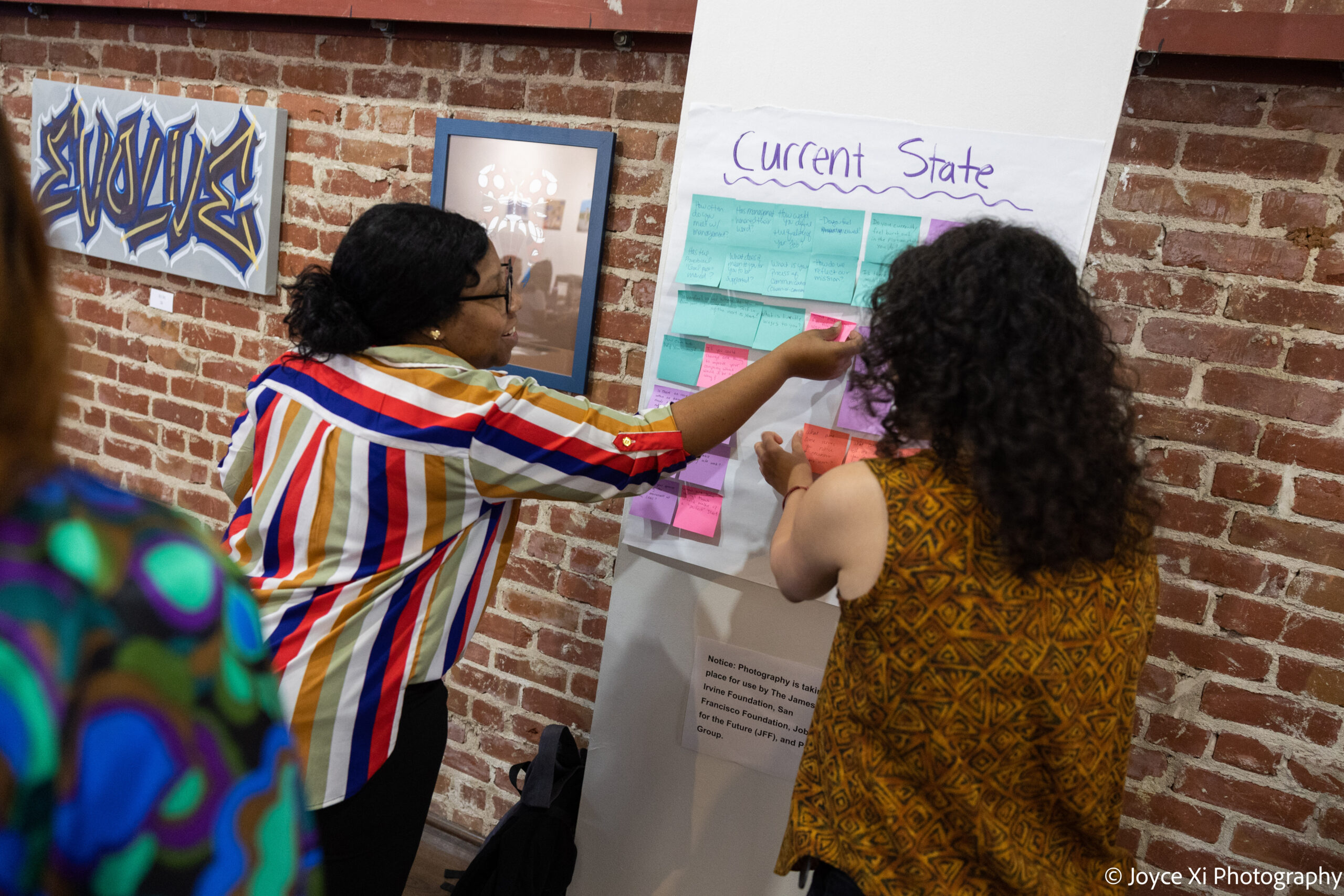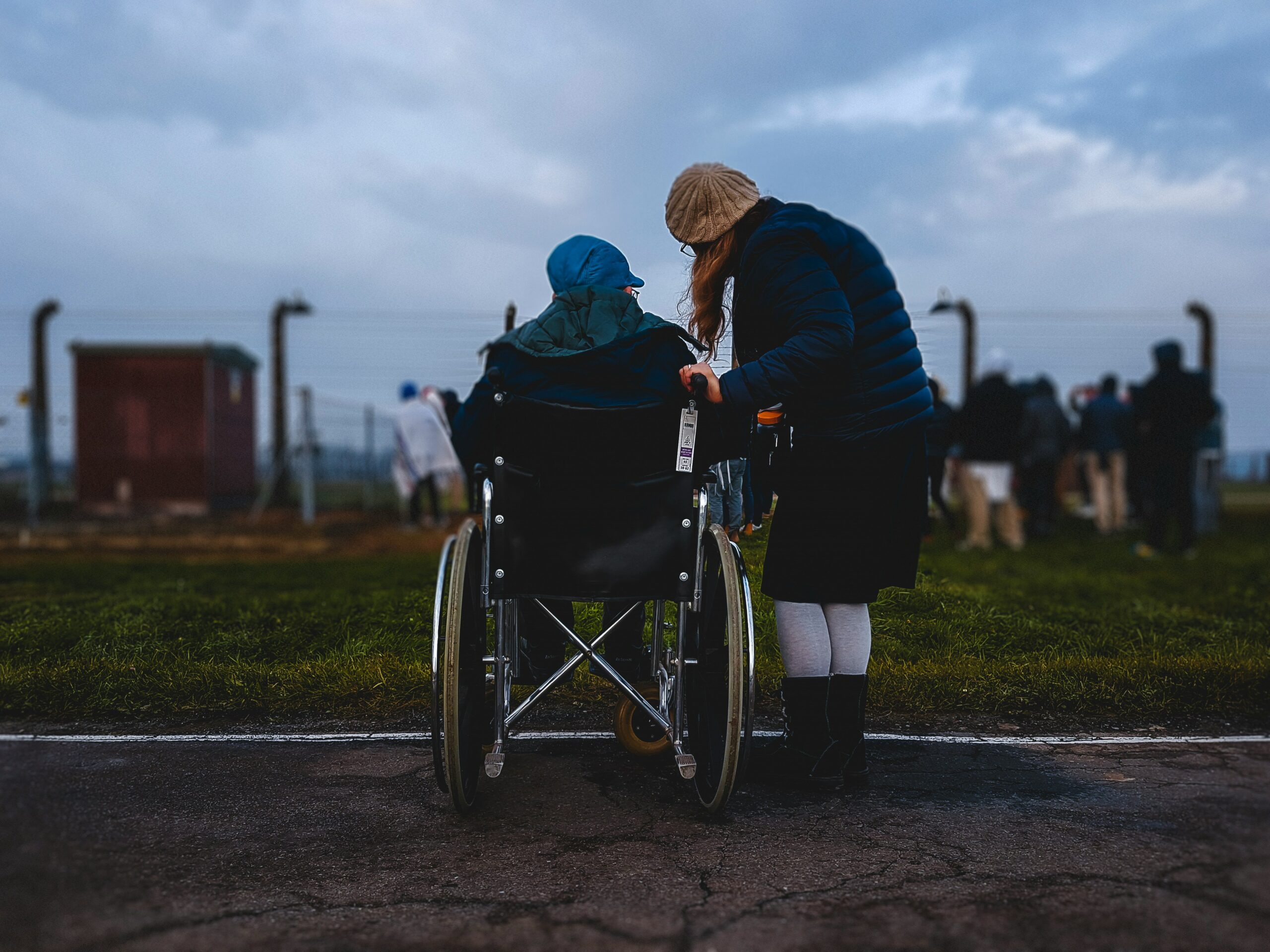Oakland teachers can’t afford to live here. This housing program offers them ‘room to breathe’





In the last six years, we’ve witnessed significant shifts in U.S. economic policy, from trade agreements to the global pandemic response. While there’s been historical movement towards protecting American workers and industries, contemporary social policies have lagged, reflecting outdated ideologies. Nowhere is this disparity more apparent than in federal workforce development systems, which still bear the marks of decades-old thinking. Despite noble intentions, current approaches often fail to address structural imbalances in power between workers and corporations, perpetuating cycles of inequality.
New America delves into the entrenched beliefs shaping workforce development policies and their implications for job seekers. It underscores the urgency of reevaluating our approach to job training, job placement, and worker empowerment. At Rework the Bay, we champion economic justice and equity, and this article resonates deeply with our mission. It prompts us to rethink how we design workforce programs, ensuring they prioritize workers’ needs, rights, and dignity.
While challenges persist, there are promising initiatives, like the Good Jobs Collaborative, aiming to reshape the narrative around workforce development. Our very own Building Worker Power program is changing the traditional working landscape and amplifying the voices and needs of workers. These efforts offer a roadmap for a more inclusive and effective workforce system by centering economic justice, advancing equity, and amplifying worker voices. As Congress considers reauthorization of the Workforce Innovation and Opportunity Act, there’s an opportunity to enact bold reforms prioritizing workers’ welfare. Join us as we navigate this critical juncture in shaping the future of work with equity and justice at the forefront.
In Solidarity,
Brianna, Janelle, + Rob
To view the full newsletter, view it here and to receive future newsletters, subscribe here.
 Photo by Annette Bernhardt
Photo by Annette Bernhardt Just as nature sheds old layers to make way for new growth, ReWork the Bay sheds the outdated norms of top-down decision-making. Since its establishment 20 years ago as the Bay Area Workforce Funding Collaborative, ReWork the Bay has shifted to share the power of philanthropy with community and its proximate leaders to guide the way toward an economically just and inclusive future.
Once a conventional funder collaborative, ReWork the Bay has turned the institutional philanthropic paradigm upside down by empowering community leaders who intimately understand the social challenges we aim to address to decide how our resources are deployed. Who knows better what works, what doesn’t, and what’s possible than people who are most proximate to the work?
This is not just a different way of talking about philanthropy, or a tweak to our system to bump up our grantee satisfaction survey scores. We are reshaping philanthropy from the ground up, and we’re doing it because we’ve seen the harm caused by status quo philanthropy. The path to the future we seek demands that philanthropy evolve from transactional, one-way transfers of resources to strategic, transformative partnerships between philanthropy and community.
To be clear, we know from personal experience that while this change in approach will increase impact, it does not make philanthropy easier, cheaper or faster (at least not at first). And because it requires challenging long-held norms and practices, some visible and some not, it helps to have peers and supporters walking alongside foundations on their transformative journey to act as sounding boards, confidants, and accountability partners when needed.
One way ReWork the Bay provides this support to funders pursuing this kind of transformation is through Funder Communities of Practice (CofPs). In March, we launched our third Funder Community of Practice. Not merely a program, the CofP is part rallying call, part seminar series, part peer support group.
Through a series of five sessions, participants engage in an expertly-facilitated cohort program that fosters both individual learning and collective action. We encourage transparent and vulnerable discussions on racial equity, recognizing the historical context of racial capitalism that continues to shape our society.
This year’s series of CofP sessions is focused on worker organizing and unions—a topic fraught with complexities, especially when viewed through a racial and gender justice lens. Historically, unions have played a significant and critical role in winning job quality improvements and labor protections, yet skepticism of their inclusivity, particularly among communities of color, understandably persists. While most traditional unions did exclude people of color and women in the past, many unions are investing considerably in diversifying their membership. In jobs where workers aren’t unionized (and women and people of color tend to be concentrated), there are also new forms of worker organizing emerging, led by communities of color and grounded in their experiences. Worker centers, such as the National Domestic Workers Alliance, provide essential support to low-wage workers of color, often addressing labor law violations and advocating for their rights.
What place might worker organizing have in a well-rounded economic mobility funding strategy? What education, relationships and data do I need to not only understand this conceptually, but to actually make the case to move resources? These are the kinds of questions this year’s CofP will grapple with, with the support of other grantmakers, proximate leaders and other experts.
Our CofP empowers funder participants with more expertise, practical tools and broader networks to drive meaningful change. By challenging preconceived notions and fostering critical dialogue, we create a space where funders can find inspiration to engage with communities directly and let them lead the way in determining how resources should be invested.
It’s time for philanthropy to recognize that those who understand the challenges best should be the ones making decisions over resources impacting their lives. Because it’s the right thing to do, but more importantly, because we need that expertise to overcome the daunting challenges facing our communities today. Together, through initiatives like our CofP, we can work towards a more equitable and empowered future for all.
 Photo by Alexander Grey on Unsplash
Photo by Alexander Grey on Unsplash  Photo by Andrea De Santis on Unsplash
Photo by Andrea De Santis on Unsplash